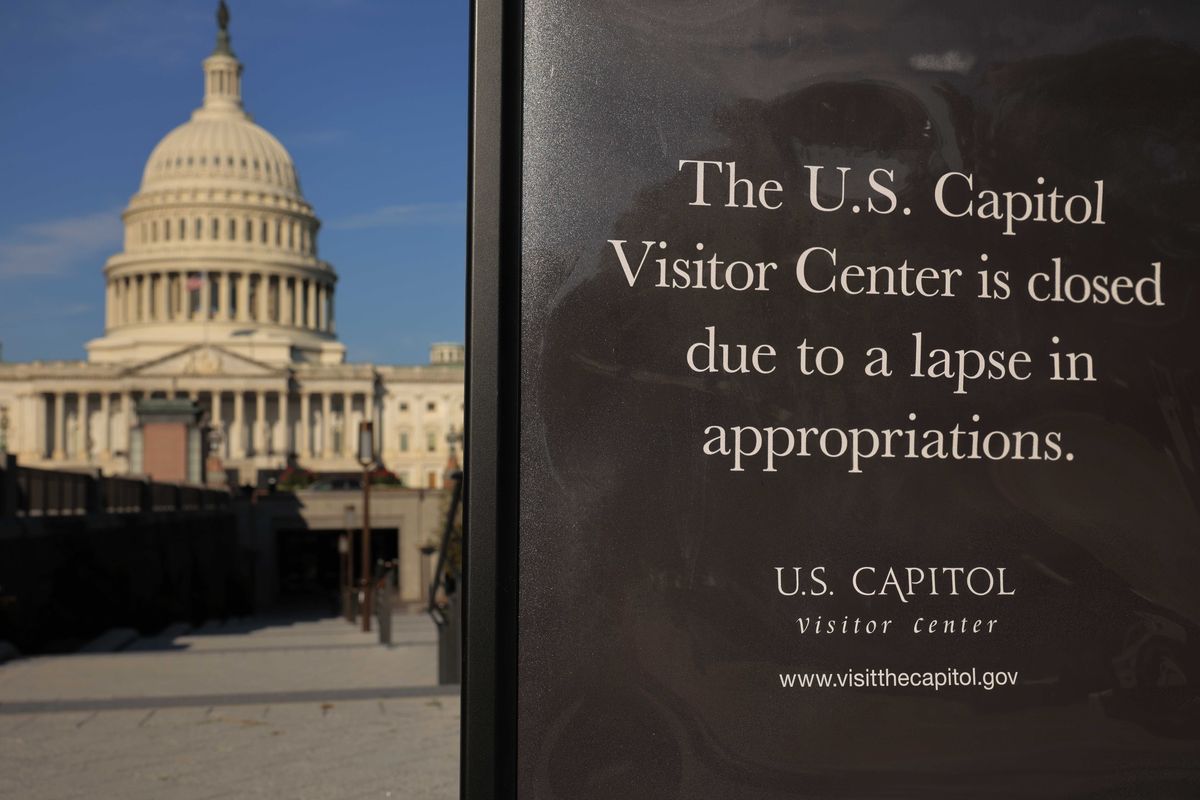News
Indy100 Staff
May 12, 2015
David Cameron's proposed plans to devolve more powers to Scotland do not go "far enough" according to Nicola Sturgeon, who said on Monday the prime minister has no right to rule out a second independence referendum.
As cross-party pressure grows on the government to re-examine the distribution of powers between England, Wales, Scotland and Northern Ireland, here's a quick guide to how it could work:
What is federalism?
Under federalism, a group of member states are bound together equally but have their own separate governing powers within their overall state. While federalism is not as absolute as independence, it would provide more autonomy for Scotland, allowing it greater power to dictate its own policies and laws without English interference.
What would it mean for England?
If the UK embraced a federal system, major procedural changes would have to be introduced in Westminster which would prevent, for example, Scottish MPs from voting on legislation that primarily affects England – so-called “English votes for English laws”.
What about Wales and Northern Ireland?
At the moment this is unclear, but if Scotland and England were granted more powers to manage their own affairs then it is likely that Wales and Northern Ireland would want to follow suit.
Would it affect anything else?
Major cities across the UK, many of which have their own distinct economies, may also want to get in on the act. Boris Johnson, the Mayor of London, has previously argued for more powers to be awarded to the capital and recently said he’d be “up for” a debate on a potential “federal structure” for the UK.
More: Here's how the election results would look under a proportional voting system
Top 100
The Conversation (0)













